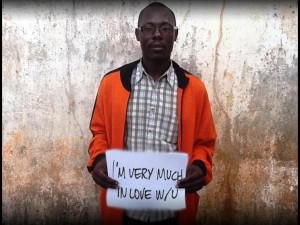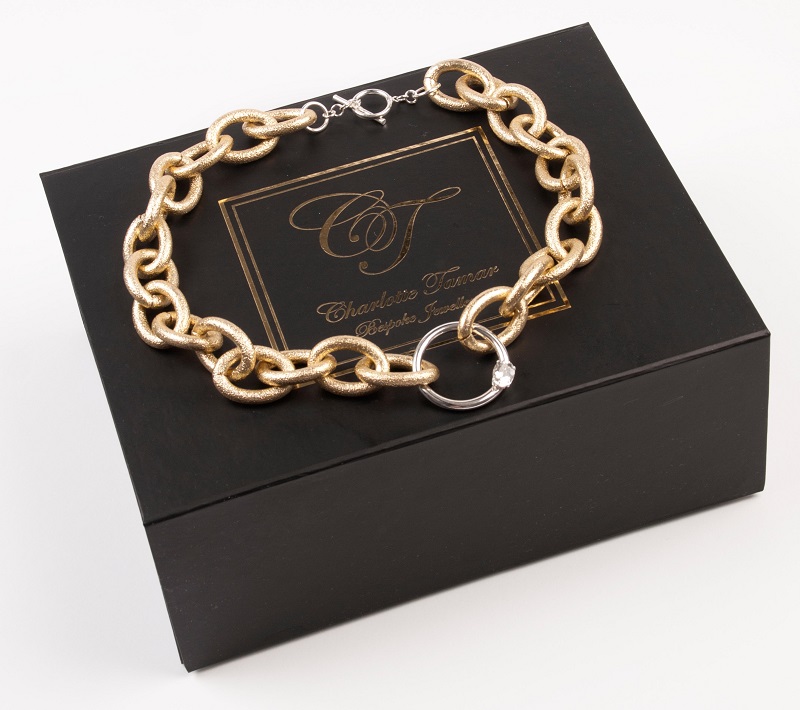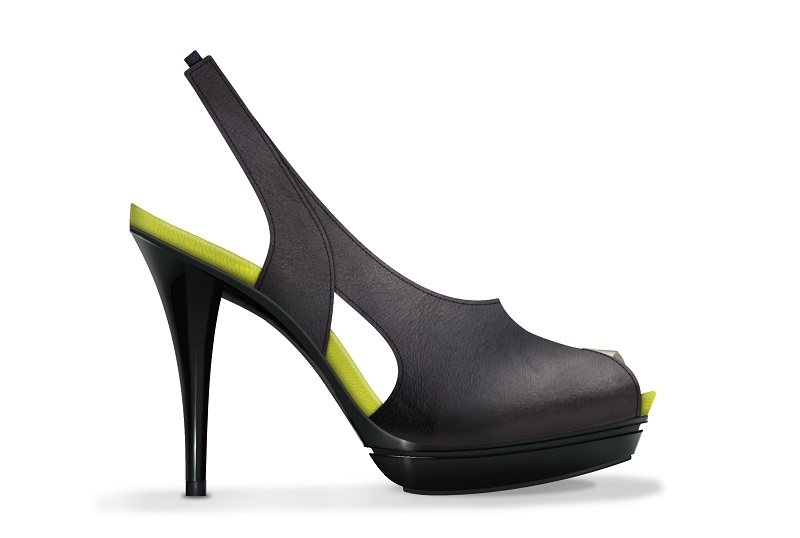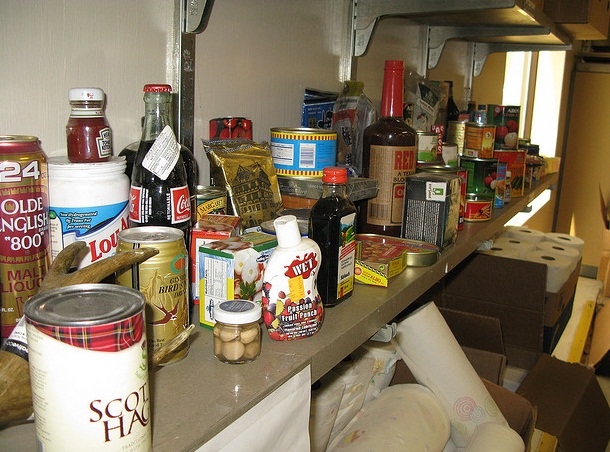The Crime of Love: the fight for gay rights in Cameroon

Roger Jean-Claude Mbédé has spent a year in Cameroon’s Kondengui Central Prison. Living in appalling conditions, he is subject to physical and mental abuse from guards and is suffering health problems as food is not given out to prisoners for free.

Roger Jean-Claude Mbédé has been imprisoned for three years simply for sending his boyfriend a text message. Photo: All Out
He has no support amongst friends or family, who do not want their own lives tainted by his actions. Across Cameroon he is considered dangerous, and no one wants to be associated with him. As a result, his future prospects are bleak and wherever he goes doors will close in his face; he has little chance of finding employment or getting into university on his release.
“I’m very much in love w/u”
These are the words that condemned Roger. Last year, he was arrested simply for sending his male partner a text declaring love for him. In Cameroon, a country where homosexual behaviour is illegal, he was charged and convicted to three years in prison.
“I found myself in handcuffs being treated like a criminal. I spent a week after I was arrested being tortured and insulted every day.”
Roger is bravely speaking out against Cameroon’s stringent homosexuality laws and appealing his conviction. However, his hearing, scheduled for the 17th September, was cancelled and put back to sometime in November.
Roger’s case puts a face on attitudes towards homosexuality in the African nation, drawing attention to the human rights struggle that its gay population faces. Roger stood up for his beliefs and wasn’t ashamed of his love, yet in Cameroon this translated as a criminal act. If someone can be jailed simply for sending a text message, how can the LGBT (the lesbian, gay, bisexual and transgendered) community hope fight for basic human rights in Cameroon?
Supporters of gay rights face violence and death threats and young people’s lives are being destroyed just for falling under suspicion of being gay or lesbian. They are often beaten by police into a confession. In 2011, gay rights campaigner Joe Mirabella reported that at least 20 Cameroonians were arrested under section 347 of the penal code for the supposed crime. It can carry up to five years in prison and a fine of anything ranging from 20,000 to 200,000 francs (£25-£245) – a huge amount in a country where annual GDP per capita is a mere £1360. If one of the offenders is under the age of 21 then the punishment is likely to be much more severe.
Alice Nkom, a Cameroonian gay rights lawyer whom many in the country, including other lawyers, want dead for defending homosexuals, warns that the situation for gays and lesbians is getting worse. “They always put people accused of homosexuality in jail straight away. People are targeted because they wear make-up or looked effeminate.”
Speaking about Roger, Nkom said: “One client was given a three-year sentence because he wrote a text message. It’s a very corrupt environment and people get paid for informing on others.”
Nkom is determined to continue her work, but support is limited. Anti-gay groups have a strong presence and campaign widely within the country and these negative and damaging attitudes are reinforced by homosexuality being a crime in Cameroon.
Additionally, anti-gay attitudes have been broadly encouraged by many of the country’s most powerful.
The Archbishop of Yaoundé made a public statement at Christmas-time in 2005, blaming homosexuals for youth unemployment. He claimed that wealthy Cameroonians favoured giving jobs to those with same-sex orientation, a declaration that stirred up bitterness and hatred in his audience.
In 2006, the issue came to light yet again when Cameroon’s tabloids published a list of 50 politicians and prominent public figures they claimed were homosexual, condemning those named in the process.
The stories made headlines and circulation of the newspapers escalated. They were later criticised for invading the private lives of gays and lesbians, provoking a national debate about homosexuality and privacy. Cameroon’s President Biya stood against them as the claims were based on rumours, not facts; ultimately the claims were not proven and evidence points to them being invented. The publisher of the newspaper L’Anecdote, Jean Pierre Amougou Belinga, was even jailed for four months for accusing Gregoire Owona, a successful government minister, of being gay. However, what the incident does highlight is the serious backlash that any association with being homosexual can have in Cameroonian society.
In 2010, the US Department of State released a Human Rights Report on Cameroon. The report stated that “homosexual persons generally kept a low profile because of the persuasive societal stigma, discrimination, and harassment as well as the possibility of imprisonment. Gays and lesbians suffered from harassment and extortion by law enforcement officials. False allegations of homosexuality were used to harass enemies or to extort money.”
In a country where LGBT people are treated as criminals, it is not surprising that anyone with a grudge can accuse another of being gay to settle old scores, creating a system that only reinforces negative associations with the lifestyle and hinders any chance of progression.
We can only hope for a campaign for change. Recently human rights leaders from eight different African countries signed a declaration to Cameroon’s President Paul Biya to bring an end to laws against homosexuality. President Biya is concerned with what the world thinks of him as the country opens up to tourism and foreigners. With an expat community growing steadily, it is vital that the nation takes steps to catch up with the rest of the world.
At time of writing, the All Out Group had 115,853 signatures to hand to President Biya and the Minister of Justice Laurent Esso, the only ones with the power to release Roger and others like him, whose only crime is to love.
Information of Roger’s fight and a petition can be found at www.allout.org/Roger.
James Clark















Facebook
Twitter
Instagram
YouTube
RSS